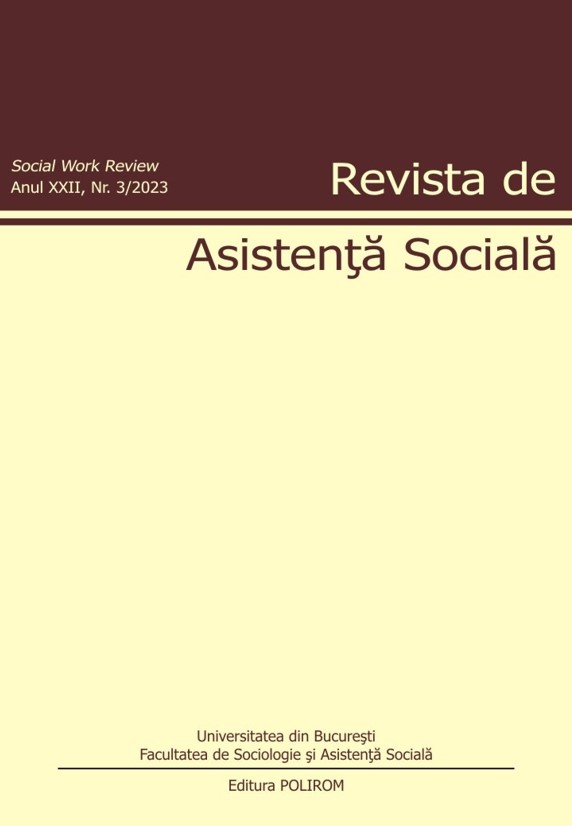Intercultural Communication and Identity Preservations of Romanians in Fife – Scotland
Intercultural Communication and Identity Preservations of Romanians in Fife – Scotland
Author(s): Mirela AnghelSubject(s): Migration Studies, Ethnic Minorities Studies, Globalization, Identity of Collectives
Published by: POLIROM & Universitatea Bucureşti - Dept. de Sociologie şi Asistenţă Socială
Keywords: immigration; cultural homogeneity; identity; globalization; lingua franca;
Summary/Abstract: The present paper focuses on the social-cultural profile of Romanians that live in Scotland targeting the intercultural dialogue and the activities that the Romanian community upheld to promote and maintain national culture and values. Previous studies (Abraham, Burcea, Marcovici, Şufaru, 2019, 25) were conducted on the immigration of Romanians in other countries, such as Spain (Brădăţan, Sandu, 2012, 221) or Italy (Metro Media Transylvania and Agency for Governmental Strategies), though we are unaware of a representative study on Romanians in Scotland. The purpose of the current research investigates whether for these expats “to be Romanian” is a stigma and therefore they assimilate the local culture as much as possible or the process of acculturation may be by “to be a Romanian in Scotland” means to assert your own identity and transmit the future generation the tradition, customs, values? To find out, a face-to-face questionnaire was applied which is a useful method to discover the opinions, attitudes, behaviours and other aspects at an individual level connected by a diversity of subjects and themes. The sampling technique used for the selection of the subjects to be interviewed was snowball method, a non predictability one. The sample identified a limited number of expats, therefore this is a huge limitations of the research, just as the 3 months when the study was conducted. Nonetheless, we managed to identify the fact that the national identity in the adopted country is still maintained for the adults that chose to emigrate, but less to the offspring born and educated in the adoptive country. The present research would be the tipping point of further research that ought to investigate in-depth the stigma matter.
Journal: Revista de Asistenţă Socială
- Issue Year: XXII/2023
- Issue No: 3
- Page Range: 199-209
- Page Count: 11
- Language: English
- Content File-PDF

